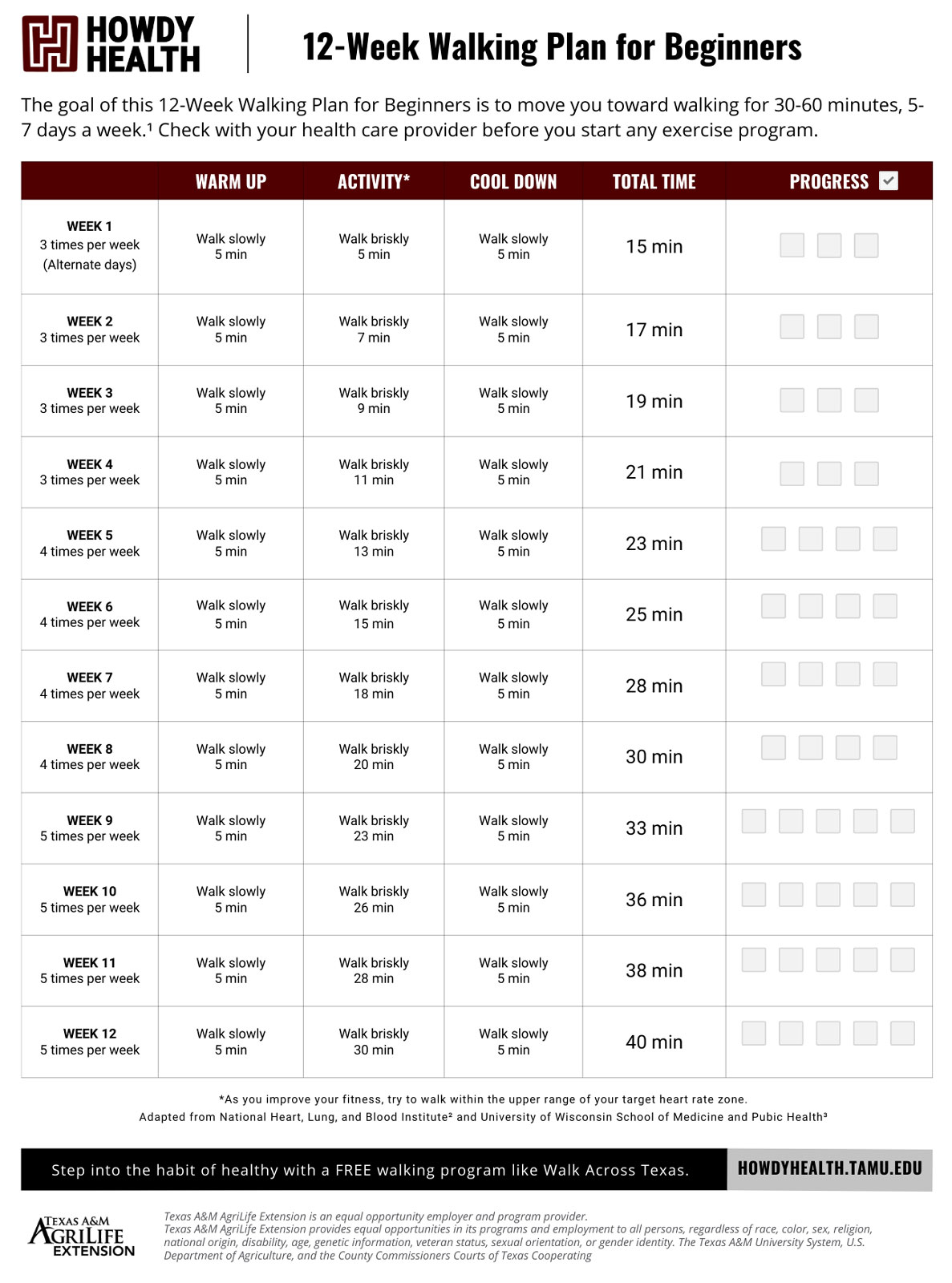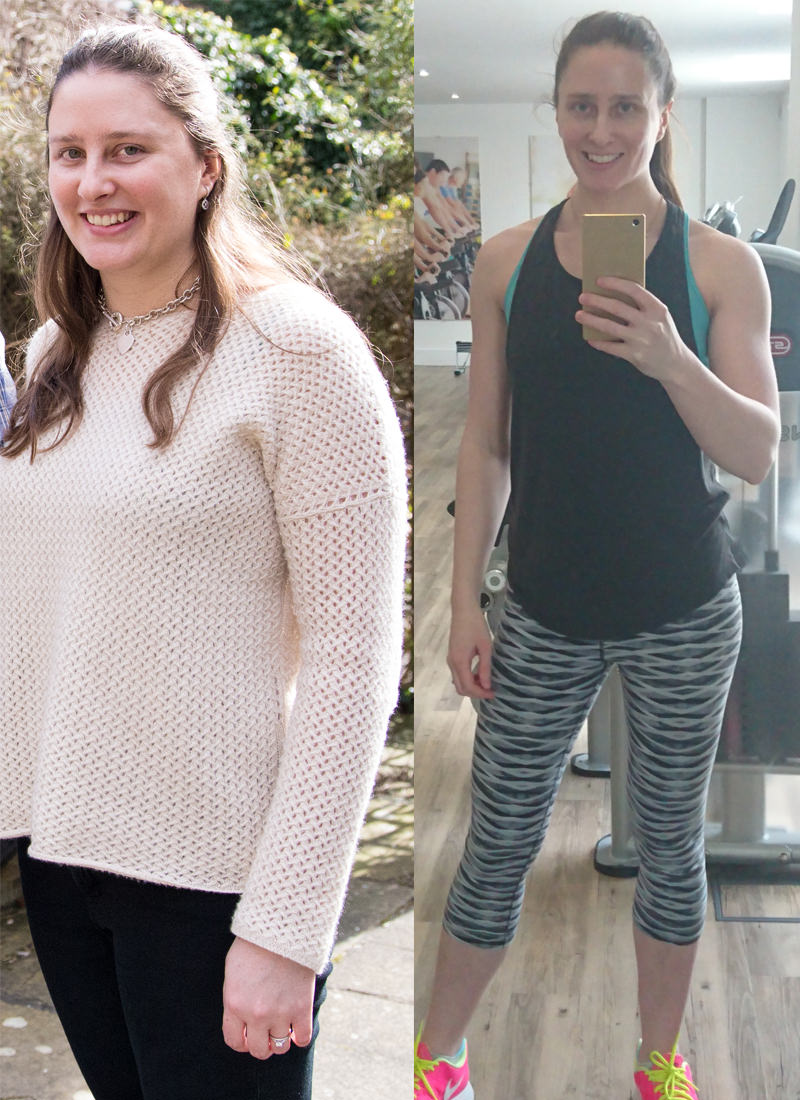Starting a weight loss journey can feel overwhelming. But with the right plan, it’s achievable.
“From Couch to Fit: A Beginner’s Plan for Weight Loss Success” is your guide to transforming your lifestyle. Many people find it hard to start their fitness journey. The idea of going from a sedentary lifestyle to an active one seems daunting.
But you don’t need to be an athlete to begin. Small, consistent steps can lead to big changes. This plan will walk you through easy steps to lose weight and get fit. It’s designed for beginners, making it simple and manageable. Ready to begin your journey to a healthier you? Let’s take that first step together.
Setting Goals
Setting goals is a crucial step in your journey from couch to fit. Clear goals keep you motivated and focused. They help you track your progress. This section will guide you on how to set goals effectively.
Identifying Your Why
First, ask yourself why you want to lose weight. Understanding your motivation is key. Your “why” could be to improve health, boost confidence, or increase energy. Write it down. Refer to it often. This will keep you going on tough days.
| Reason | Benefit |
|---|---|
| Improve Health | Lower risk of diseases |
| Boost Confidence | Feel better about yourself |
| Increase Energy | More active lifestyle |
Setting Realistic Targets
Next, set realistic targets. Unrealistic goals can demotivate you. Small, achievable goals are best. Start with losing 1-2 pounds a week. Track your progress regularly. Use a journal or app to note changes.
- Specific: Define clear and specific goals.
- Measurable: Ensure you can track your progress.
- Achievable: Set goals that are within reach.
- Relevant: Your goals should matter to you.
- Time-bound: Set a deadline to reach your goals.
For example, instead of saying “I want to lose weight,” say “I aim to lose 5 pounds in a month.” This makes your goal clear and time-bound.
Remember, consistency is key. Celebrate small victories. They lead to big results over time. Stay focused and motivated.
Creating A Workout Routine
Creating a workout routine can feel overwhelming. But breaking it down into manageable steps makes it easier. A well-structured plan helps you stay focused and committed. Let’s explore how to build a routine that works for you.
Starting Small
Beginnings are important. Start with small, achievable goals. Try a 10-minute walk each day. Gradually increase the duration over time. Consistency matters more than intensity at first. Small steps build confidence and habits.
Finding The Right Exercises
Choose exercises you enjoy. This keeps you motivated. Walking, cycling, or swimming are great options. Mix things up to avoid boredom. Combine cardio with strength training. It improves overall fitness and burns more calories.
Incorporating Healthy Eating
Eating healthy is crucial for weight loss success. It not only helps you shed pounds but also boosts your overall well-being. Healthy eating doesn’t have to be complicated. By understanding the basics and planning your meals, you can make better choices and achieve your goals.
Balanced Diet Basics
A balanced diet includes various foods in the right proportions. It ensures your body gets the nutrients it needs. Here are some key elements:
- Fruits and Vegetables: Aim for at least five servings a day. They are rich in vitamins, minerals, and fiber.
- Whole Grains: Choose whole grains like brown rice, oats, and whole wheat bread. They provide energy and keep you full longer.
- Proteins: Include lean meats, fish, eggs, beans, and nuts. Proteins are essential for building and repairing tissues.
- Dairy: Opt for low-fat or fat-free options. Dairy products are good sources of calcium and vitamin D.
- Fats: Choose healthy fats like those in avocados, nuts, and olive oil. Avoid trans fats and limit saturated fats.
Meal Planning Tips
Planning your meals helps you control portions and avoid unhealthy choices. Here are some tips:
- Set a Schedule: Plan your meals for the week. Write down your breakfast, lunch, dinner, and snacks.
- Shop Smart: Make a shopping list based on your meal plan. Stick to the list to avoid buying junk food.
- Cook at Home: Home-cooked meals are often healthier. You control the ingredients and cooking methods.
- Prep Ahead: Prepare ingredients or whole meals in advance. This saves time and reduces the temptation to eat out.
- Stay Hydrated: Drink plenty of water. Sometimes thirst is mistaken for hunger.
Following these tips can make healthy eating easier and more enjoyable. Remember, small changes can lead to big results over time.

Staying Motivated
Staying motivated on your weight loss journey can be tough. Many people start with great enthusiasm but lose it over time. Here are some tips to help you stay on track and achieve your goals.
Tracking Progress
Keeping track of your progress is essential. It helps you see how far you’ve come. Use a journal, app, or calendar to record your workouts and meals.
Write down your starting weight, measurements, and other relevant details. Update these regularly. For instance, weigh yourself once a week. Measure your waist and hips every month.
Here is a simple table to help you track your progress:
Continue updating with new data
| Date | Weight | Waist | Hips |
|---|---|---|---|
| Week 1 | 200 lbs | 40 inches | 45 inches |
| Week 2 | 198 lbs | 39.5 inches | 44.8 inches |
Rewarding Milestones
Celebrate small victories along the way. Set milestones and reward yourself when you reach them. Rewards can be small but meaningful.
- After losing 5 pounds, treat yourself to a new book.
- After completing a month of workouts, buy new gym clothes.
- After losing 10 pounds, enjoy a spa day.
Rewards keep you motivated and give you something to look forward to. Make sure the rewards align with your goals. Avoid food-related rewards.
Remember, the journey to fitness is a marathon, not a sprint. Celebrate every milestone.
Overcoming Challenges
Weight loss is a journey. There will be obstacles along the way. Overcoming challenges is part of the process. These challenges can seem daunting, but with the right mindset, you can conquer them.
Dealing With Plateaus
Weight loss plateaus are common. Your body adjusts to your routine. Plateaus can be frustrating, but they are temporary.
Here are some strategies to overcome plateaus:
- Change your workout routine: Try new exercises.
- Increase intensity: Add more weights or reps.
- Check your diet: Ensure you’re not eating extra calories.
- Stay hydrated: Drink plenty of water.
Staying Committed
Staying committed to your weight loss plan is crucial. There will be days when motivation is low. You need to push through these times.
Here are some tips to stay committed:
- Set small goals: Achieve small milestones.
- Track progress: Keep a journal.
- Find a workout buddy: Partner up for accountability.
- Reward yourself: Celebrate small victories.
Building Healthy Habits
Building healthy habits is essential for anyone starting a weight loss journey. These habits form the foundation for sustainable success. Without them, it’s easy to fall back into old patterns. Let’s explore how to build these habits effectively.
Consistency Is Key
Consistency is the backbone of any successful weight loss plan. Regular exercise and a balanced diet are crucial. It’s not about perfection, but persistence. Small, daily actions lead to big changes over time. This means sticking to your routine, even on tough days. Each step forward counts, no matter how small.
Creating A Support System
A strong support system can make a big difference. Surround yourself with positive influences. Friends, family, or a fitness community can offer encouragement. They can provide motivation when you need it most. Share your goals with them. Their support can keep you accountable.
Online groups and forums can also be helpful. They connect you with like-minded people. These communities offer advice and share experiences. They remind you that you’re not alone in your journey. Building a network of support can enhance your commitment to healthy habits.
Mental Health And Fitness
Embarking on a fitness journey is not just about the physical body. Mental health plays a crucial role in achieving weight loss success. A positive mindset and effective stress management are key components. They are often overlooked but essential for long-term success.
Managing Stress
Stress can significantly impact your weight loss efforts. High stress levels can lead to emotional eating. This means consuming foods high in sugar and fat, which can hinder your progress. To combat this:
- Practice deep breathing exercises to calm your mind.
- Engage in activities like yoga or meditation.
- Ensure you get adequate sleep each night.
These practices can reduce stress and improve your overall well-being. Incorporating them into your daily routine can help you stay focused and motivated.
Positive Mindset
A positive mindset is essential for your fitness journey. It helps in overcoming challenges and staying on track. Here are some tips to maintain a positive outlook:
- Set realistic goals and celebrate small victories.
- Surround yourself with a supportive community.
- Practice gratitude daily.
Maintaining a positive mindset can make your weight loss journey more enjoyable. It helps you stay committed and resilient, even during tough times.

Maintaining Long-term Success
Starting a fitness journey is a commendable step. But, sustaining those gains is where the real challenge lies. Maintaining long-term success in weight loss requires ongoing commitment and flexibility. It’s about integrating new habits into your daily life and adapting as you progress.
Adapting Your Plan
As your body changes, your plan should too. What worked at the beginning might not be as effective later. Regularly assess your progress and make necessary adjustments. If you’ve plateaued, try new exercises to challenge your muscles.
Consider varying your workout routine. For example, switch from running to cycling or incorporate strength training. This keeps things fresh and prevents boredom.
| Exercise Type | Example |
|---|---|
| Cardio | Running, Cycling |
| Strength Training | Weight Lifting, Resistance Bands |
| Flexibility | Yoga, Stretching |
Sustaining Your Progress
Consistency is key to sustaining your progress. Develop a routine that fits into your lifestyle. This will make it easier to stick with it long-term. Set achievable goals and celebrate small milestones.
Stay motivated by tracking your achievements. Use a journal or an app to record your workouts and monitor your diet. Seeing your progress can be a great motivator.
Support is crucial. Join a fitness group or find a workout buddy. This adds accountability and makes your journey more enjoyable.
- Track your daily activities
- Join a supportive community
- Celebrate your milestones

Frequently Asked Questions
How To Start A Weight Loss Plan?
Begin by setting realistic goals. Start with small changes in your diet and activity level. Track your progress regularly.
What Exercises Are Best For Beginners?
Walking, jogging, and bodyweight exercises are ideal for beginners. They are easy to do and require no equipment.
How Important Is Diet In Weight Loss?
Diet plays a crucial role in weight loss. Focus on eating whole foods, controlling portions, and avoiding processed foods.
How To Stay Motivated On A Fitness Journey?
Set achievable goals, track progress, and celebrate small wins. Join a community or find a workout buddy for support.
Conclusion
Embarking on your fitness journey is a brave step. Stay committed and patient. Small changes can lead to big results. Celebrate every milestone. Surround yourself with supportive people. Keep learning and adapting. Your health is worth the effort. Remember, every step counts.
You can achieve your weight loss goals. Stay motivated and enjoy the process.

